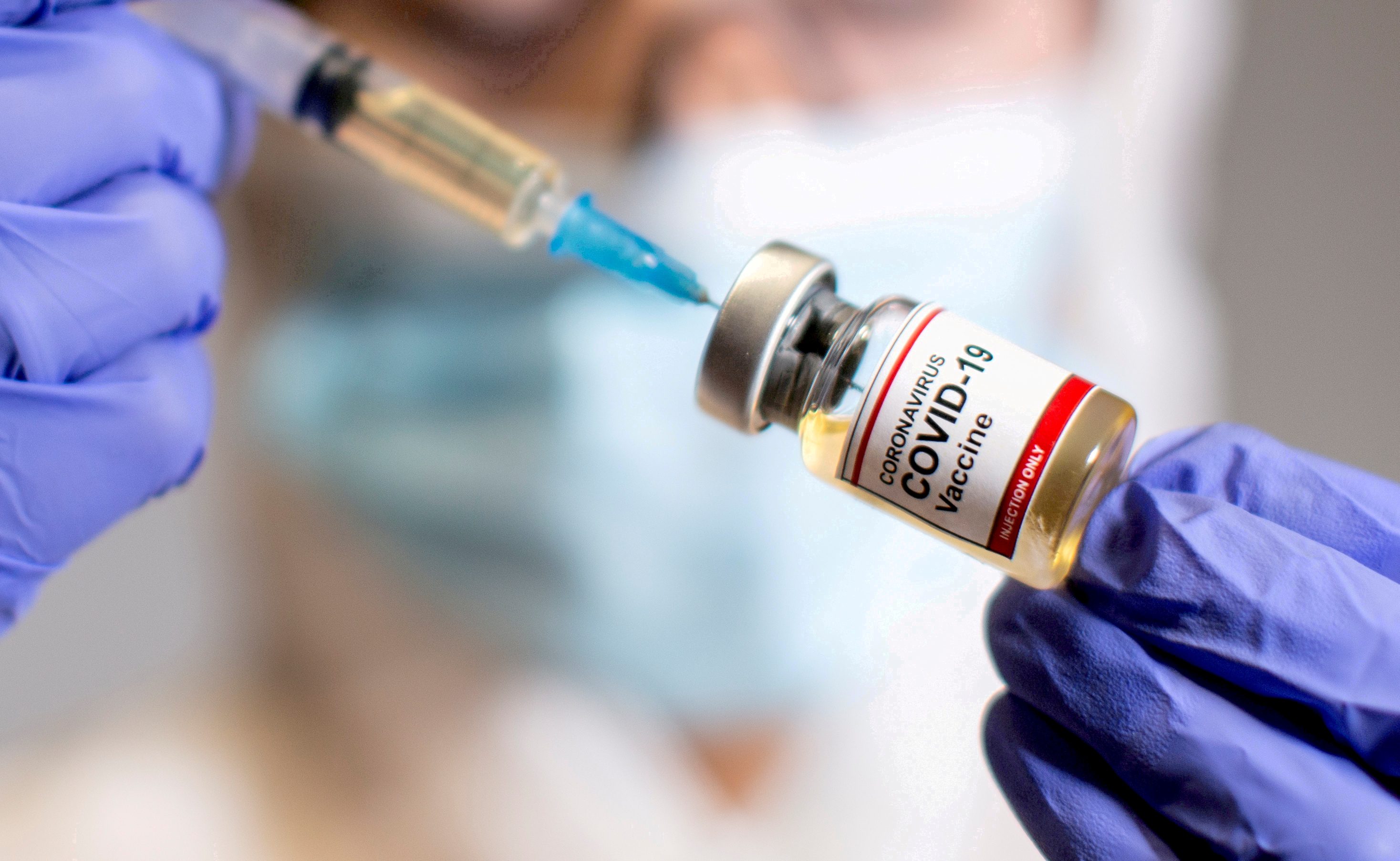The South Korean government has planned to widen its COVID19 vaccine supply to give out the first doses of vaccines to as many people as possible. Health officials from the South Korean government have taken this decision at the cost of the existing shortage of vaccine supply for second doses as a target for the government’s vaccination goal is around the corner. The head of the COVID19 vaccination management team of the Korean Disease Control and Prevention Agency (KDCA), Hong Jeong-ik has said that there is an uncertainty in vaccine supply for people due to their second doses that are scheduled in September and October. He has said that after the government has not been informed about the delivery dates for the next supply of shots. However, recently around 7 million doses of the Moderna vaccine are being delivered in the country between now and the early week of September. Health officials have said that these doses will be given out as first doses to people. Hong has said that prioritizing first doses over second doses will not lead to a shortage for second doses. A spokesperson from the Ministry of Health and Welfare, Son Young-rae has also talked about delays in Moderna vaccine supply in July. He has said that the terms of the contract with Moderna have blocked the government from holding the company legally responsible for not meeting its deadlines for vaccine delivery. He has said that if the company delivers a total of 40 million doses of the vaccine over the year, it will not be possible to accuse the firm of violating its contractual duty.
Health officials have said that troubles in vaccine supply in the summer have led to a delay in second doses of Pfizer and Moderna shots by six weeks from August onwards. The delay has strayed the standard dosing interval of three weeks for Pfizer shot and four weeks of Moderna vaccine. They have claimed that once the supply of shots evens out, the gap between vaccine dosing might be regulated to three or four weeks. However, for the next few weeks, Korea’s vaccination efforts are set to concentrate on meeting President Moon Joe’s aim to inoculate nearly 70 percent of people with the first doses of vaccines prior to the Chuseok holiday that will be celebrated in mid-September. In order to speed up vaccination, people who have first-dose appointments after September 18 are being pushed to prepone their appointments. Earlier, officials have allowed change of slots under particular events only such as overseas travel. As per the latest report, AstraZeneca and Johnson & Johnson shots are being given to people who are 50 years and above. However, for time being, these vaccines are being given to people who are as young as 30 years. Experts have said that while the overall rate of vaccination in Korea is greater than the world’s average rate of vaccination that is 33 percent, the percentage of people who are fully immunized is quite low as compared to other rich countries. As per the World Data of the University of Oxford, only 28 percent of people have been fully immunized in Korea. Experts have said that Korea is at 34th position in 38 member nations of the Organization for Economic Cooperation and Development in the share of fully vaccinated population.
Health leaders have said that nearly 28 million people out of Korea’s 55 million population have been given first doses of COVID19 shots. They have said that being fully vaccinated means a person needs to be given all doses as recommended by a vaccine regimen. The Korean government has been using Pfizer, Moderna, AstraZeneca, and Johnson & Johnson shots in its vaccination programs. Johnson & Johnson’s shot requires only one dose, while Pfizer, Moderna, and AstraZeneca need two doses for full vaccination. Experts have been saying that finishing a vaccine regimen is crucial for full immunity against the virus. They have said that at this time when the delta variant is creating havoc around the world, it is essential to complete a two-dose schedule of the shots. Many studies have shown that Pfizer and AstraZeneca shots are only 30 percent efficient against the delta variant. Korea has been facing a lot of flaks for lagging in fully vaccinating its people. However, fast-tracking the coverage of first doses might offer sound immunity against severe complications from the delta strain. The KDCA commissioner, Jeong Eun-Kyeong has said that the agency is trying all means and ways to reduce the shortage of vaccine supply in upcoming months. The KDCA is expected to help people who are eligible for vaccination to complete their vaccination. In the month of August, Korea has given out an average of 288199 doses to people per day. Health experts have said that the rate of fully vaccinated people truly matters to the pandemic fueled by the delta strain. They have said that until 70 percent of people in Korea are vaccinated, social distancing and the mask mandate need to be put in place in the country to contain the spread of the virus. Last weekend, the country has reported 1619 new COVID19 cases. During the fourth wave of the pandemic, the country has seen an average of nine deaths linked to COVID19 per day in the last week. Since the start of the COVID19 pandemic, nearly 2279 people have lost their lives due to COVID19 infection across the country.
